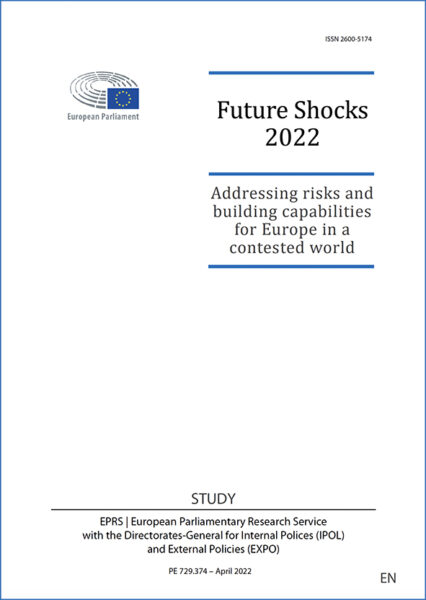The European Union has decided that electricity supply should be opened up to greater competition; in France the last phase will be reached in July 2007. However competition, which is supposed to bring about lower prices and improvements in the quality of service, threatens in fact to deliver none of these benefits, according to the honorary president of Électricité de France (EDF).
One reason for this is that the EDF’s prices were already well below those in the rest of Europe because the firm has always been strictly managed; this factor has been much more important than the advantages which some consider that the EDF derives from its nuclear power plants. Another reason is that there are inevitable limits to competition because of the “natural monopolies” related to the distribution networks.
Lastly, Marcel Boiteux, arguing from the EDF’s experience, warns us against the Brussels authorities’ rather too blind faith in market forces. He demonstrates here, adducing specific examples, how naive it is to imagine that the best results are spontaneously achieved by the market alone. Along the way, he offers justifications for France’s decision to rely on nuclear power and the investments made to that end; he points out that, while the EDF did indeed enjoy some state support, the state benefited much more.
The Ambiguities of Competition. Électricité de France and the Privatization of Electricity
Cet article fait partie de la revue Futuribles n° 331, juin 2007


